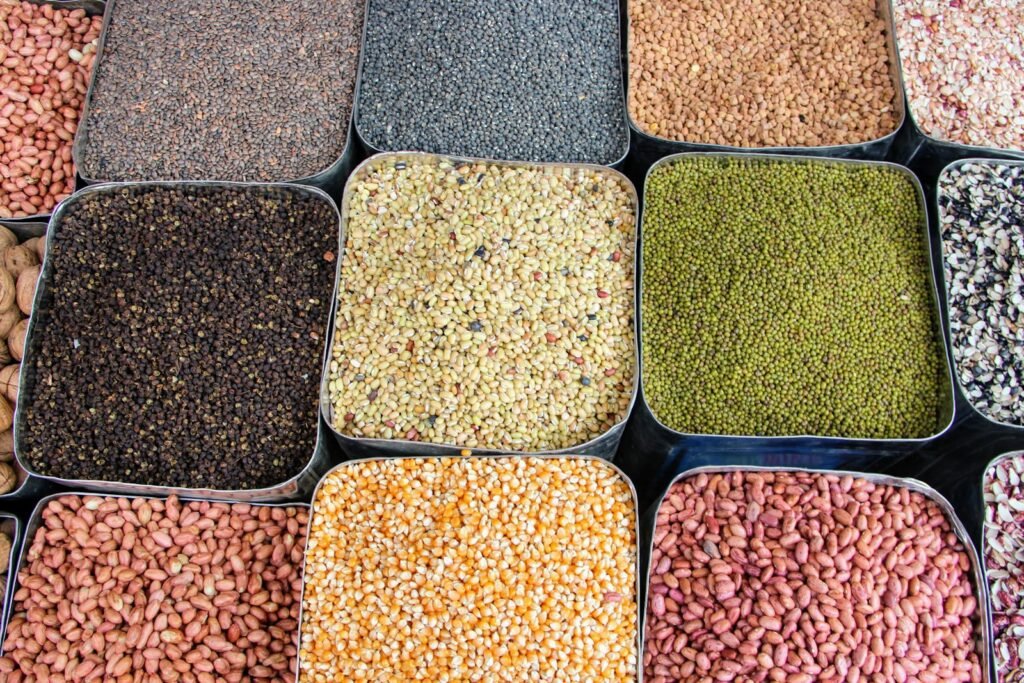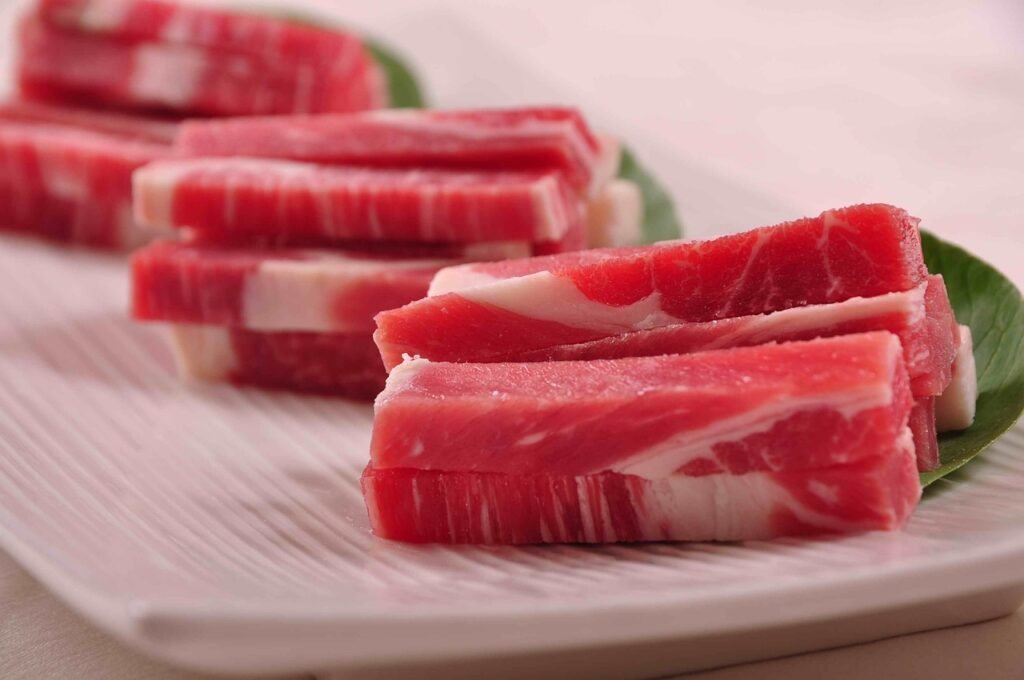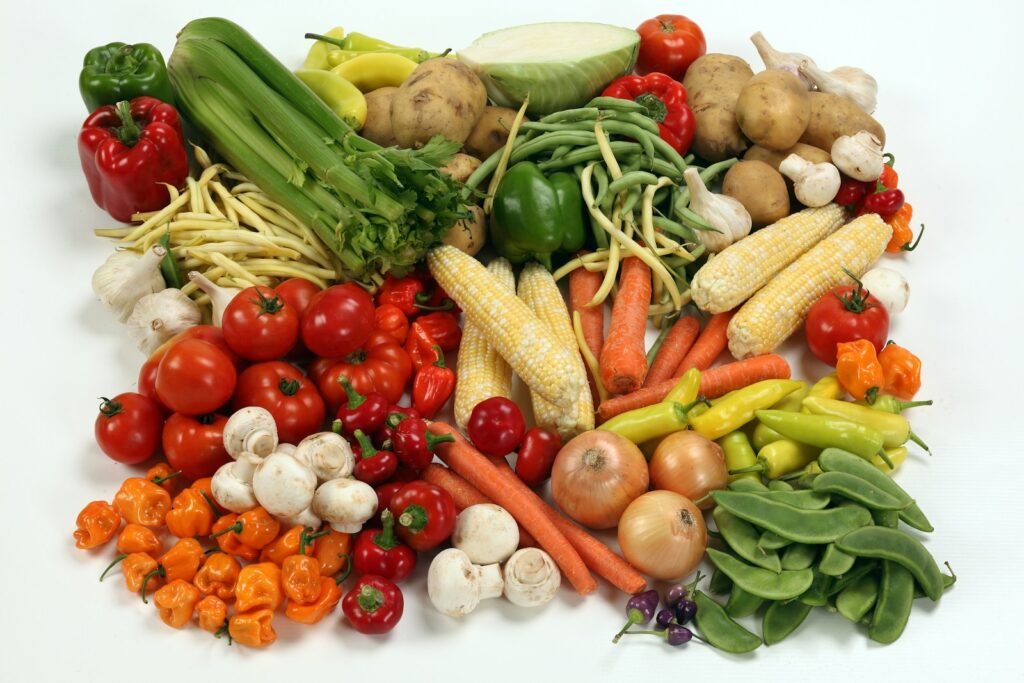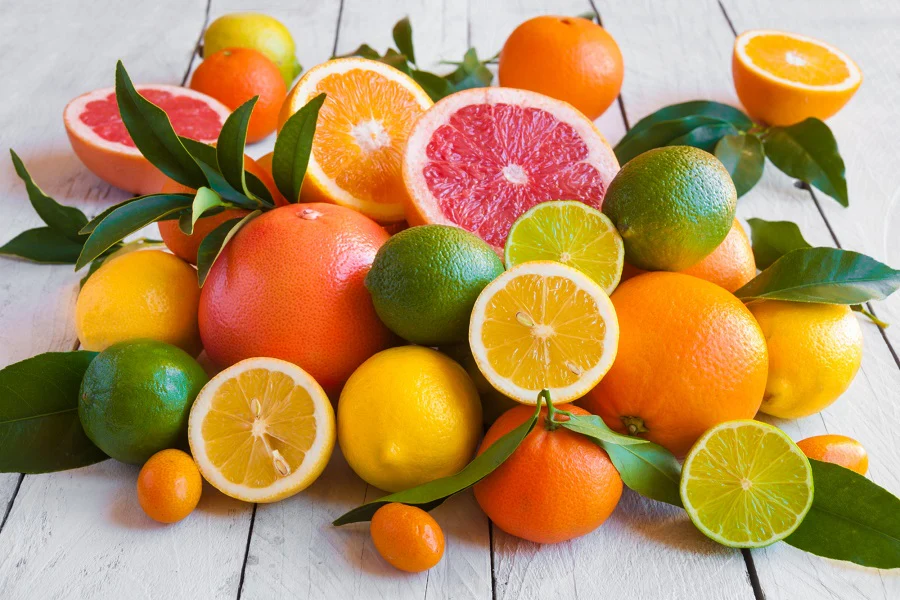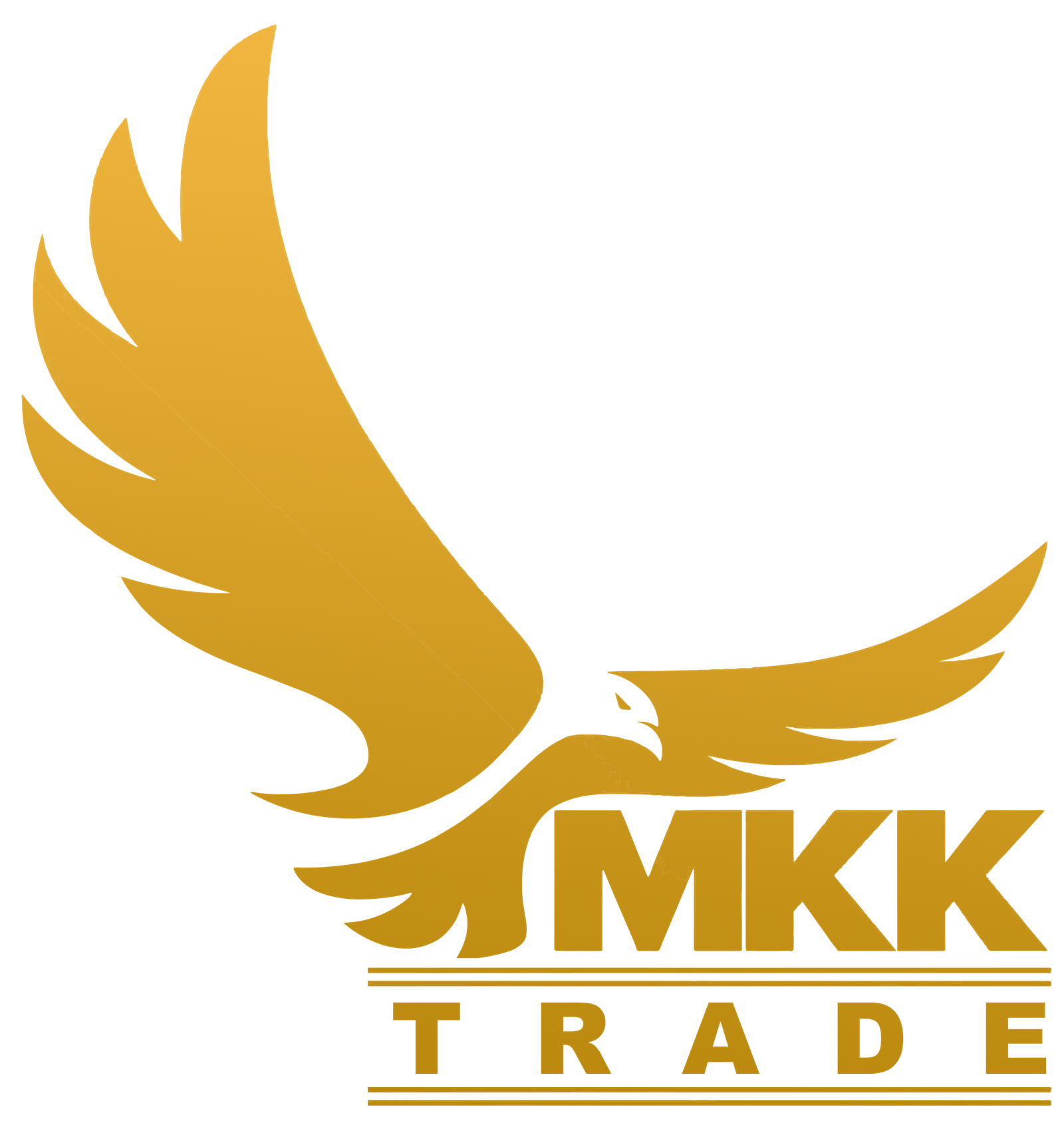Office #207-2nd Floor-ZALFA BUILDING-NEAR Jumeirah Creekside Hotel-Garhoud -Dubai UAE
Contact
Address
UAE:
Office #207,
2nd Floor
ZALFA BUILDING
Near Jumeirah Creekside Hotel
Garhoud, Dubai, UAE
PO Box - 56909
INDIA:
2nd Floor
Green Portico Building
Mavelipuram
Kakkanad, Kochi, Ernakualm
PIN: 682030
Phone Number
(04) 328 1988
Email Address
info@mkktrade.com
Mon - Fri
9AM - 5PM
Get in Touch with Our Team
Have a question or need a quote? Fill out the form below, and one of our team members will get in touch with you shortly.
Why Contact Us?
- Tailored Solutions: Whether you’re looking for foodstuffs, building materials, or fabrics, we provide customized solutions to meet your unique needs.
- Expert Support: Our team of industry experts is ready to assist you with product selection, logistics, and more.
- Prompt Responses: We prioritize your inquiries and strive to provide timely and accurate responses to all questions.
